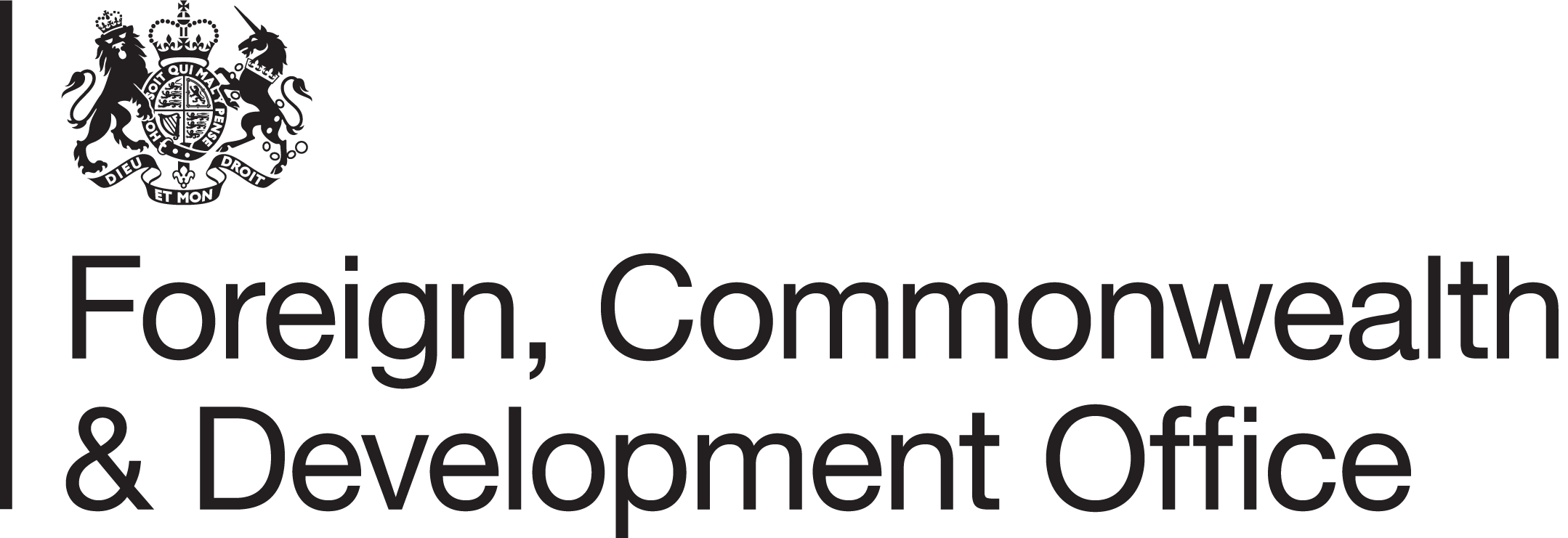Transforming the lives of adolescent girls
Mainstream development actors are increasingly recognising the value of investment in girls and young women - and there has been remarkable progress over the last two decades in some areas (particularly education).
However, in other areas, including early marriage and pregnancy, maternal mortality, and gender-based violence, there have been very limited inroads into achieving meaningful change.
It is critical that broader poverty reduction and development frameworks do not simply ‘add girls and stir’ to existing approaches but rather integrate a more nuanced understanding of gender discriminatory social institutions and related change pathways.
By discriminatory social institutions we mean the collection of formal and informal laws, norms and practices which have an effect on human capabilities by either limiting or enabling individual and collective agency. These frequently unseen ‘social institutions’ often have an influence far greater then generally appreciated in shaping development outcomes.
In identifying discriminatory social institutions and the laws, norms and practices which deny girls the ability to reach their full potential, we are seeking to understand how this potential is both constructed and limited. The programme is developing a capabilities and entitlements framework linked to formal and informal laws, norms, practices and non-actions (discriminatory social institutions), which compromise girls development.
This DFID-funded 4-year programme of work puts the spotlight on adolescence as a pivotal life phase with considerable enduring socialisation effects and important preparation for key transitions to adult roles, including transitions to work, citizenship, marriage and parenthood. The project has two primary objectives:
- The creation of more effective policy and programmes to improve gender justice and promote transformation in the lives of girls and young women including a clear framework for measurement of progress.
- To develop a clear understanding and uptake of the evidence that exists and the evidence gaps for effective programmes addressing discriminatory formal and informal laws, norms and practices, which need to be tackled in order to promote social transformation for girls and young women.
The goal of the work is to improve development outcomes for girls and young women, breaking the cycle of intergenerational poverty, and providing a catalyst for change, the returns of which will ripple through wider society.
We aim to enhance the effectiveness of global efforts to reduce the alarming numbers of desperately deprived adolescent girls, improve their wellbeing and capabilities, and thereby catalyse change for communities, broader society and the economy.
Staff
-
Nicola Jones
Principal Research Fellow
-
Fiona Samuels
Senior Research Fellow
-
Paola Pereznieto
Research Associate
-
Caroline Harper
Director, Gender Equality and Social Inclusion programme, Principal Research Fellow
